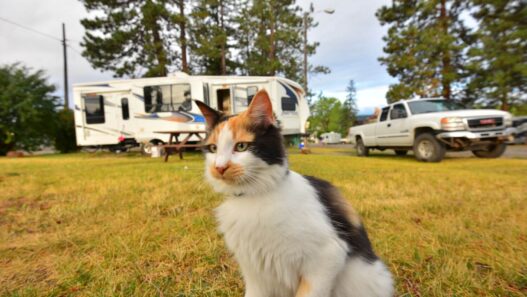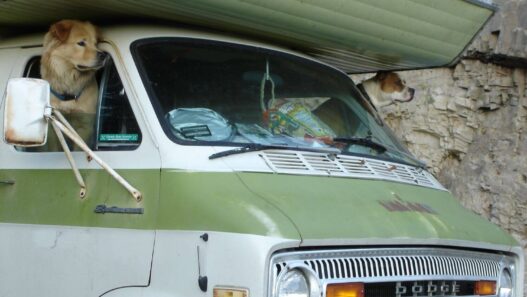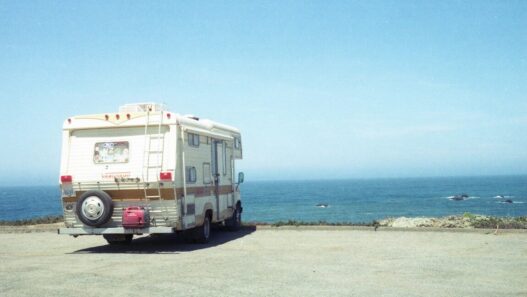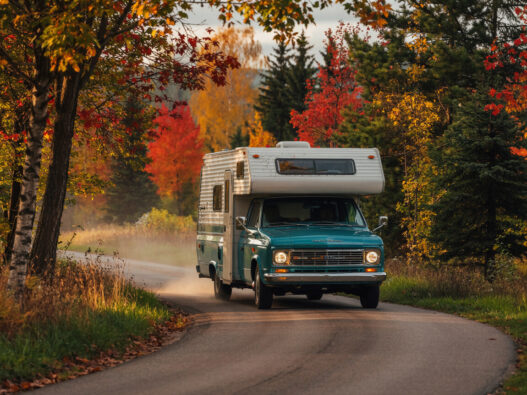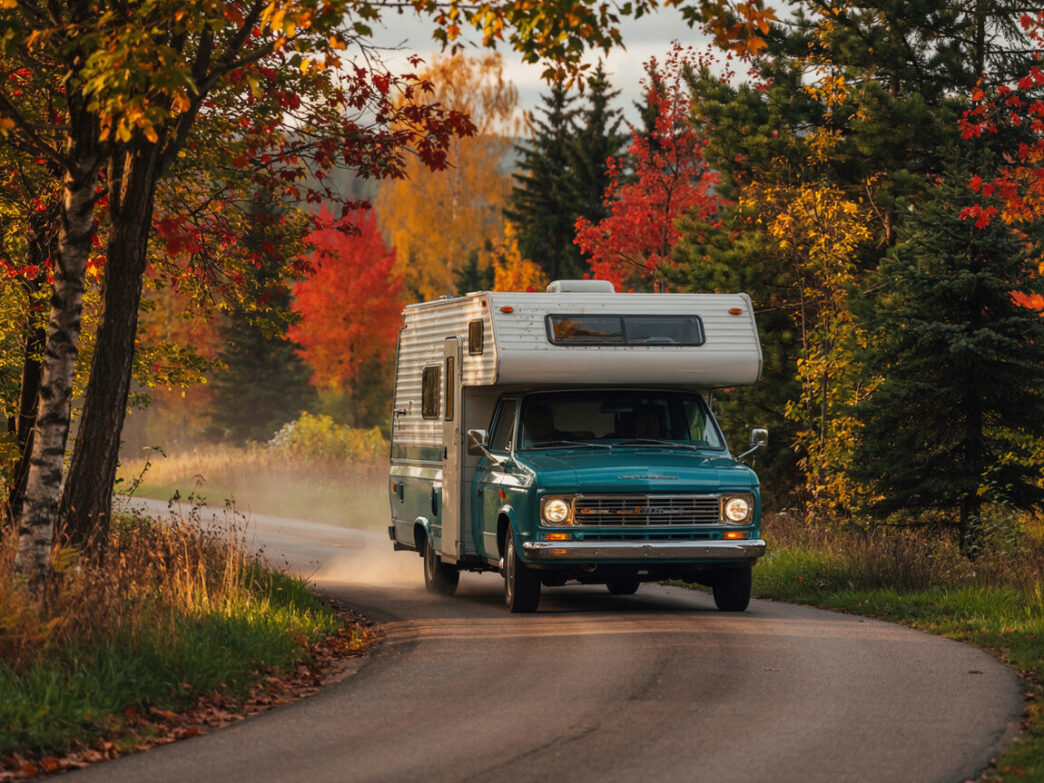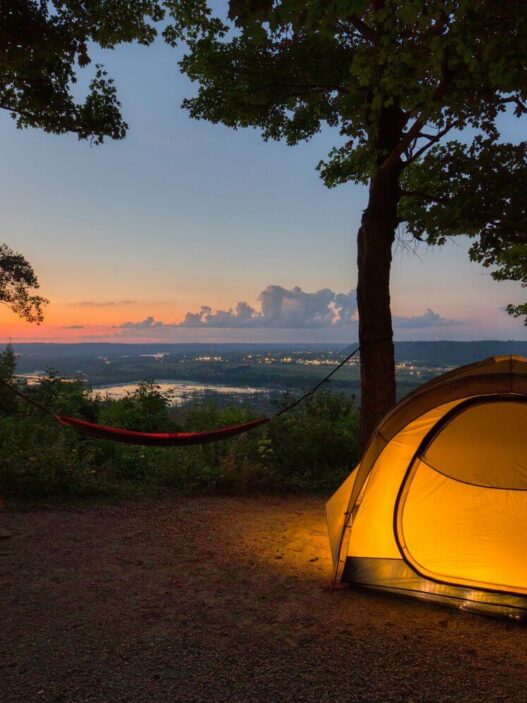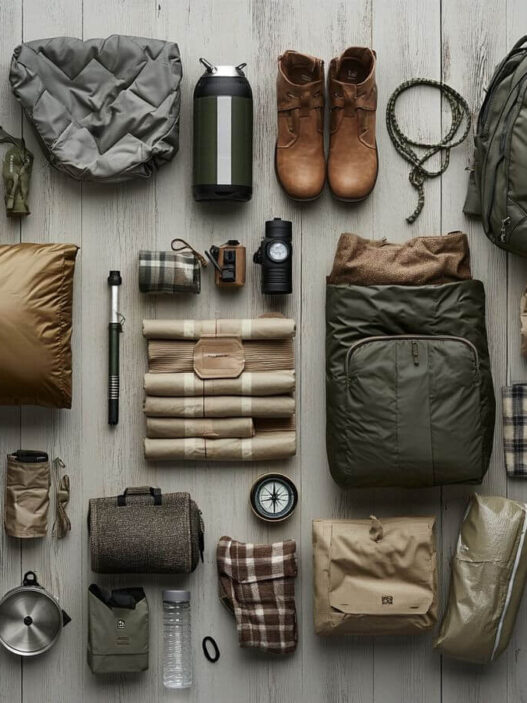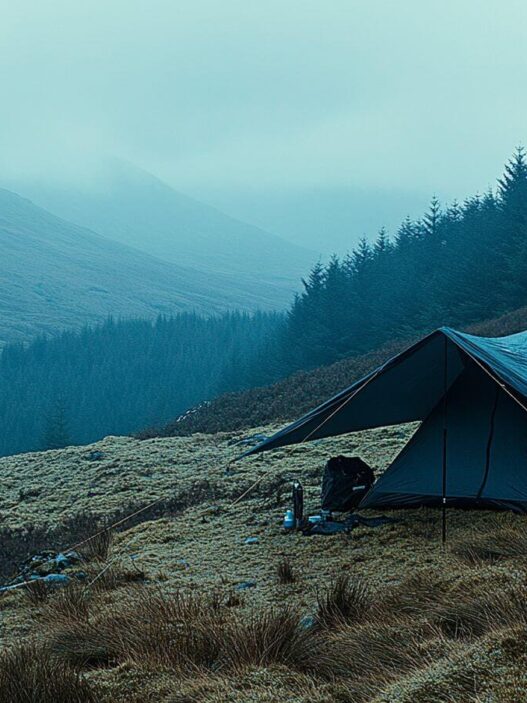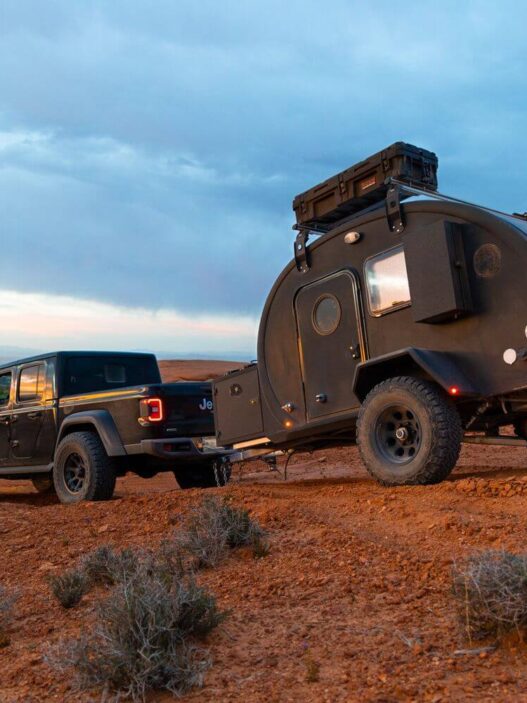Ready to swap your permanent address for adventure on wheels? Preparing for full time RV living takes planning and foresight, but the freedom of the open road makes every step worthwhile.
1. Map Out Your Financial Plan
Money matters tend to make or break the RV lifestyle faster than anything else. Without proper planning, your dream adventure can quickly turn into a financial nightmare.
Take time to calculate both one-time costs and recurring expenses. The initial RV purchase might seem like the biggest expense, but don’t forget about insurance, maintenance, camping fees, and fuel costs that add up quickly.
Many new RVers underestimate daily expenses. Groceries don’t magically become cheaper because you’re living in an RV, and unexpected repairs seem to happen at the worst possible times.
The good news? Full time RVing can actually be more affordable than traditional housing in many cases. Just be honest about your spending habits and lifestyle expectations from the beginning.
2. Find Your Perfect RV
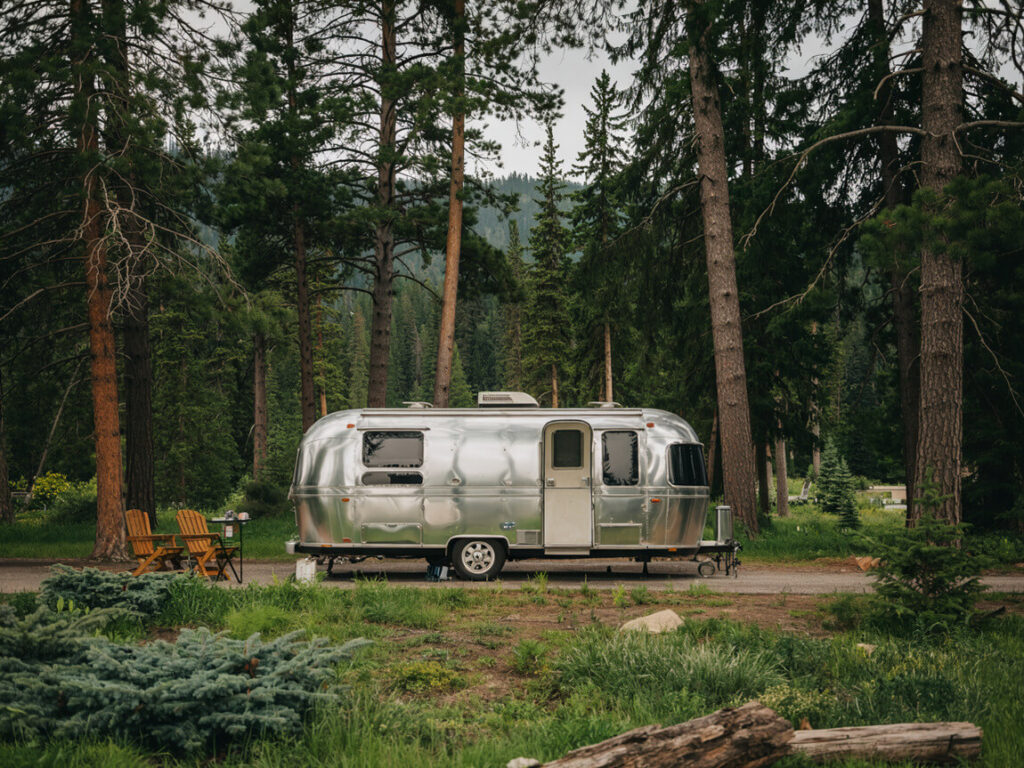
The perfect RV for weekend warriors rarely matches what works for full-timers. Living spaces need to be practical, not just Instagram-worthy.
Consider your lifestyle needs carefully. Will you be working from the road? You’ll need dedicated office space. Love cooking? Kitchen functionality becomes critically important. Weather extremes in your travel plans? Proper insulation and climate control systems matter.
Smaller isn’t always better, despite what some minimalist influencers might suggest. Remember that you’ll be living in this space day in and day out, through good weather and bad, sickness and health.
Try renting different RV types before buying to get real-world experience with various floor plans and sizes. What seems perfect in a showroom might feel completely different after a week of actual living.
3. Thoroughly Inspect Before You Buy
RVs depreciate faster than almost any other major purchase. Knowing what to look for can save thousands in surprise repairs.
Never trust the sales pitch alone. Bring a flashlight and moisture meter to check for water damage in corners, ceilings, and around windows. Water infiltration is the number one enemy of any RV.
Test every system while you’re there. Turn on the air conditioner, check the refrigerator in all modes, flush the toilet, and run water through all faucets. Don’t assume anything works until you’ve verified it yourself.
For used RVs especially, consider hiring a professional inspector. The few hundred dollars spent could save thousands in hidden problems that aren’t obvious to untrained eyes.
4. Make Sure You Have A Remote Source Of Income
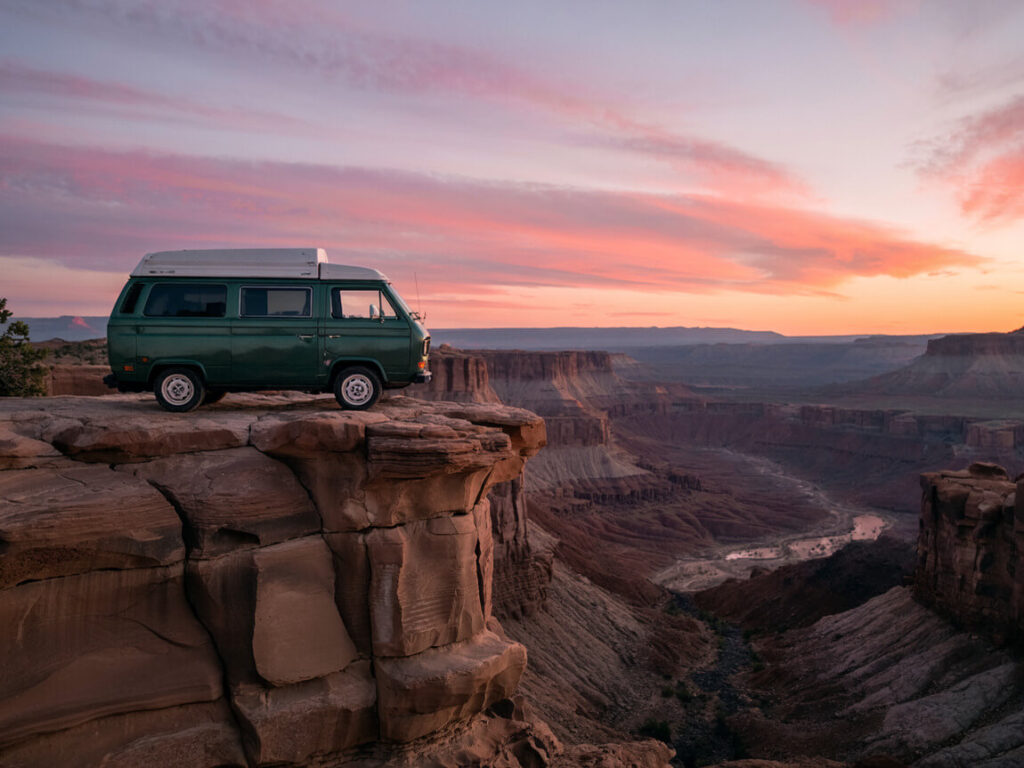
Unless you’re independently wealthy or retired with a solid pension, you’ll need reliable income on the road. The days of having to choose between career and travel are thankfully behind us.
Remote work opportunities have exploded in recent years. Many companies now hire full-time remote employees, no physical office required. Fields like programming, customer service, writing, design, and consulting transition naturally to location-independent work.
Starting your own business offers ultimate flexibility but requires more initial effort. Consider what skills or products you could offer that don’t depend on being in a specific location.
The key is establishing your income stream before hitting the road. Testing your work setup while still having a permanent address makes troubleshooting much less stressful.
5. Get The Right Health Coverage
Healthcare doesn’t stop being important just because you’ve chosen an alternative lifestyle. In fact, having solid medical coverage becomes even more crucial when you’re far from your home doctors.
Traditional insurance plans rarely work well for full-time travelers who cross state lines regularly. Look into nationwide PPO plans or health sharing ministries that many nomads use successfully.
Consider your typical medical needs realistically. Regular prescriptions? Chronic conditions? These factors will influence which coverage options make the most sense for your situation.
Don’t forget about telemedicine options. Virtual doctor visits have become increasingly sophisticated and can handle many routine medical needs from anywhere with decent internet.
6. Get Reliable Internet
Reliable internet has moved from luxury to necessity, especially for remote workers and digital nomads. Without solid connectivity, your dream lifestyle can quickly become frustrating.
Most full-timers rely on multiple cellular providers for redundancy. When Verizon fails, perhaps AT&T will work. Having backup options prevents productivity emergencies when deadlines loom.
Invest in quality equipment that strengthens marginal signals. A good cellular booster, external antennas, and a mobile router that can combine multiple signals make a tremendous difference in rural areas.
Research connectivity apps that show cellular coverage maps and user-reported internet speeds at potential camping locations. Sometimes moving just a few miles can transform an unusable signal into a perfectly workable connection.
7. Create A System For Important Paperwork
Nothing creates stress quite like frantically searching for critical paperwork when you need it immediately. Getting organized before departure saves countless headaches later.
Create both physical and digital systems for important documents. Scan everything, from vehicle registration to health records, and store copies in secure cloud storage you can access from anywhere.
For physical papers, invest in a compact, waterproof file box that stays in an accessible location in your RV. Organize by category with clearly labeled folders for quick retrieval.
Develop a system for handling new paperwork as it arrives. Having a dedicated spot for incoming mail, bills, and receipts prevents important items from getting lost in the shuffle of mobile living.
8. Solve The Permanent Address Puzzle
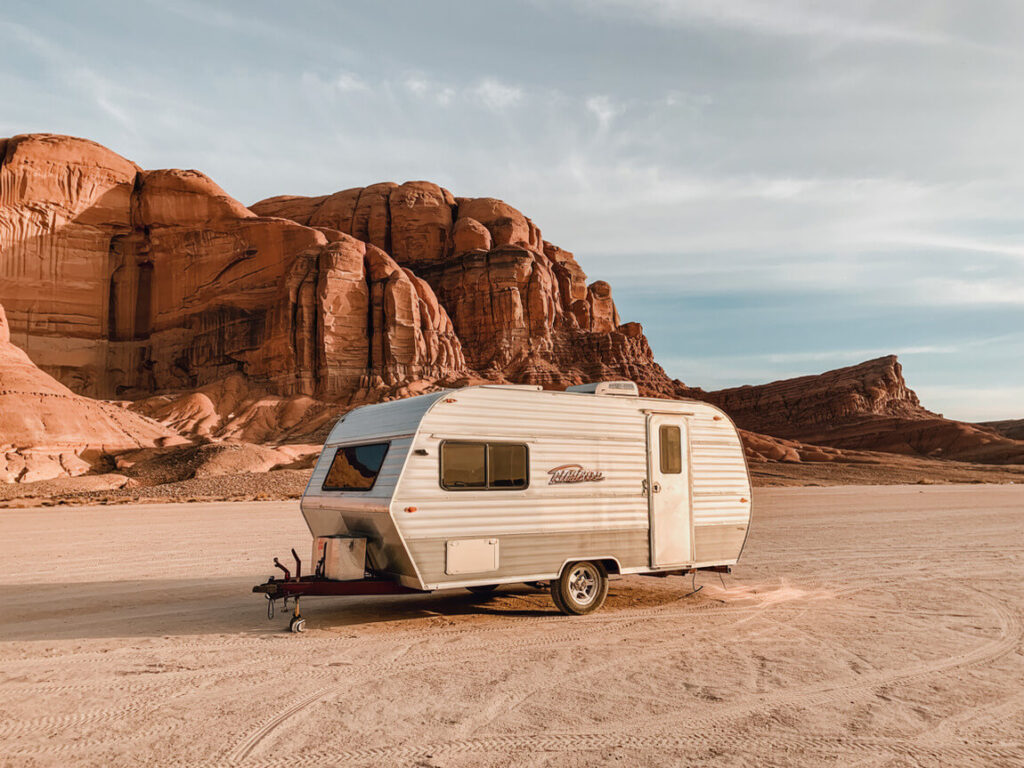
The paperless revolution hasn’t eliminated physical mail entirely. You’ll still need a permanent address for everything from driver’s license renewal to banking.
Mail forwarding services provide a real street address (not a P.O. box) that satisfies legal requirements while giving you flexibility to travel. Most popular services are based in tax-friendly states like South Dakota, Texas, or Florida.
Look for services that scan your envelope exteriors and allow you to decide which items get forwarded, which get opened and scanned, and which get shredded. This feature saves time and money on unnecessary forwarding.
Before hitting the road, spend time reducing your physical mail volume. Contact every sender possible to switch to electronic delivery for bills, statements, and correspondence.
9. Figure Out What To Do With Your Current Residence
The biggest asset most people own requires careful consideration before transitioning to nomadic life. There’s no universal right answer, just the option that best fits your circumstances.
Selling provides immediate capital and complete freedom. No more property tax bills, maintenance worries, or ties to a specific location. For many, this clean break feels psychologically freeing.
Renting offers ongoing income and a safety net if RV life doesn’t work out. Just remember that being a long-distance landlord comes with challenges, from finding reliable tenants to managing repairs remotely.
Some new RVers choose a middle path, keeping their home for the first year while they test whether nomadic life suits them. This approach costs more short-term but provides peace of mind during the transition.
10. Pare Down Your Possessions
Moving from a house to an RV means parting with 80-90% of your possessions. The process proves more emotionally challenging than most people anticipate.
Start the downsizing process months before your planned departure date. Sorting through a lifetime of accumulation takes far longer than expected, especially when emotions get involved.
Approach the process methodically, room by room, creating separate piles for items to keep, sell, donate, and discard. Be ruthlessly honest about what you actually use versus what you’ve been storing “just in case.”
For truly sentimental items that won’t fit in your RV, consider taking photos or keeping representative pieces rather than entire collections. Sometimes preserving the memory matters more than keeping the physical object.
11. Research Your Campground Options
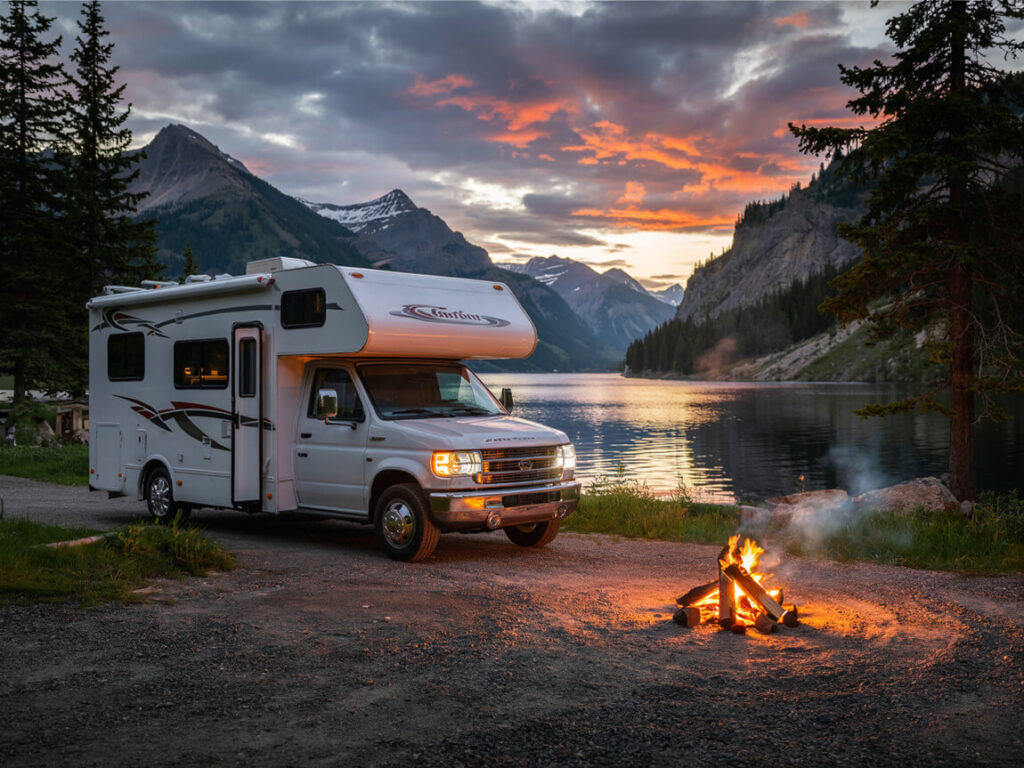
Where you’ll park your RV affects both your budget and daily experience. The range of options surprises many new full-timers who only know about traditional campgrounds.
Public lands offer some of the most beautiful locations with the lowest price tag (often free). Bureau of Land Management (BLM) areas and National Forests typically allow 14-day stays with no hookups, perfect for those with solar power and conservative water usage.
State parks provide an excellent middle ground, with natural settings and basic amenities at moderate prices. Many offer senior or disabled veteran discounts worth investigating.
Private RV parks range from basic overnight stops to luxury resorts with pools, activities, and full hookups. Membership programs can significantly reduce costs for those who prefer these amenities.
12. Consider A Camping Membership
Strategic membership purchases can shave thousands off annual camping costs for frequent travelers. The key is matching memberships to your actual travel patterns.
Passport America offers half-price camping at participating parks nationwide. Even with limited availability and blackout dates, most members recoup the modest annual fee within just a few nights.
Harvest Hosts and Boondockers Welcome provide unique overnight options at wineries, farms, museums, and private homes. Annual membership fees are reasonable, though courtesy purchases at businesses or gratuities for hosts are expected.
For those planning extended stays in particular regions, Thousand Trails and similar membership campground networks can dramatically reduce costs. While initial buy-in seems expensive, frequent users often save thousands annually compared to nightly rates.
13. Get All The Must-Have Equipment
The RV accessories market thrives on convincing newcomers they need every gadget available. Resist the urge to buy everything before you start traveling.
Focus first on absolute necessities: quality fresh water hose, water pressure regulator, sewer hose and accessories, electrical adapters, and basic leveling equipment. These items directly impact daily functionality and safety.
For tools, start with a basic kit covering common needs: screwdrivers, wrenches, pliers, tape, and a multimeter. Add specialized tools only as specific needs arise during your travels.
Safety equipment deserves priority investment. Fire extinguishers, smoke/carbon monoxide detectors, emergency road kit, and a good first aid kit provide protection worth far more than their cost.
14. Make A Maintenance Schedule
Regular maintenance prevents minor issues from becoming major disasters. The best adventures never include waiting for tow trucks in remote locations.
Create a detailed maintenance schedule for both your RV and tow vehicle if applicable. Track all services performed with dates and mileage to ensure nothing gets overlooked.
Find nationwide service chains that can handle routine maintenance wherever you travel. For specialized RV issues, research mobile technicians who can come to your campsite when needed.
Learn basic DIY maintenance skills that save money and potentially keep you from being stranded. Tasks like checking fluids, inspecting belts, testing batteries, and monitoring tire pressure require minimal tools but provide maximum peace of mind.
15. Take A Practice Trip Before Committing
Theory and practice differ wildly when it comes to RV living. What seems straightforward in YouTube videos often proves more complicated in real life.
Practice full setup and breakdown procedures multiple times before hitting the road full-time. Create detailed checklists for arrival and departure to prevent costly mistakes like driving away with steps extended or antennas up.
Take a “shakedown” trip close to home for at least a week. This trial run reveals the gaps between theoretical knowledge and practical experience while you’re still close to resources and assistance.
Use this practice period to organize your storage spaces efficiently. The perfect organization system rarely happens on the first try, so give yourself time to rearrange until daily items are easily accessible.
16. Find Some Community
Contrary to popular perception, full-time RVing doesn’t have to be isolating. In fact, many travelers discover a more vibrant social life than they ever had in traditional neighborhoods.
Join online RV communities before hitting the road. Facebook groups, forums, and apps like RVillage connect you with experienced travelers who generously share advice and encouragement.
Look into RV clubs and rallies that match your interests. Groups ranging from working-age nomads to specific RV brands organize regular gatherings where lifelong friendships often form.
Remember that building community takes intentional effort in any lifestyle. The RV community welcomes newcomers warmly, but you’ll need to participate actively to build meaningful connections.
17. Learn RV Etiquette
Every community has unwritten rules, and the RV world is no exception. Understanding proper etiquette helps you integrate smoothly into the nomadic community.
Respect for neighbors tops the list. Keep noise levels reasonable (especially during quiet hours), contain pets appropriately, and avoid walking through others’ campsites as shortcuts.
Leave places better than you found them. This applies everywhere from campground sites to public lands. Pack out all trash, respect fire restrictions, and avoid damaging natural areas.
Pay it forward when possible. The RV community thrives on mutual assistance, from sharing local information to helping with minor repairs. The help you offer today often comes back multiplied when you eventually need assistance yourself.



